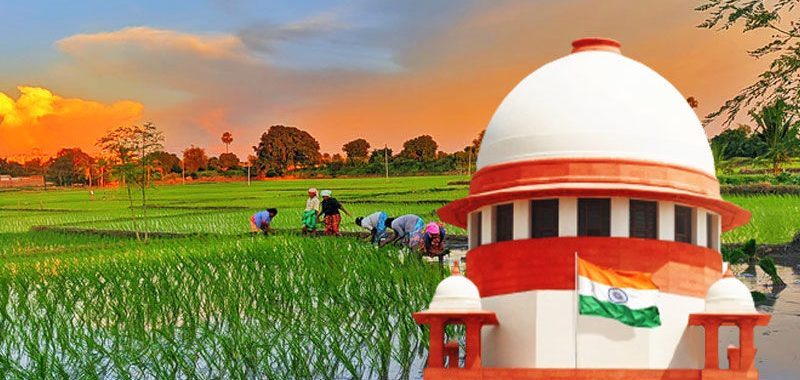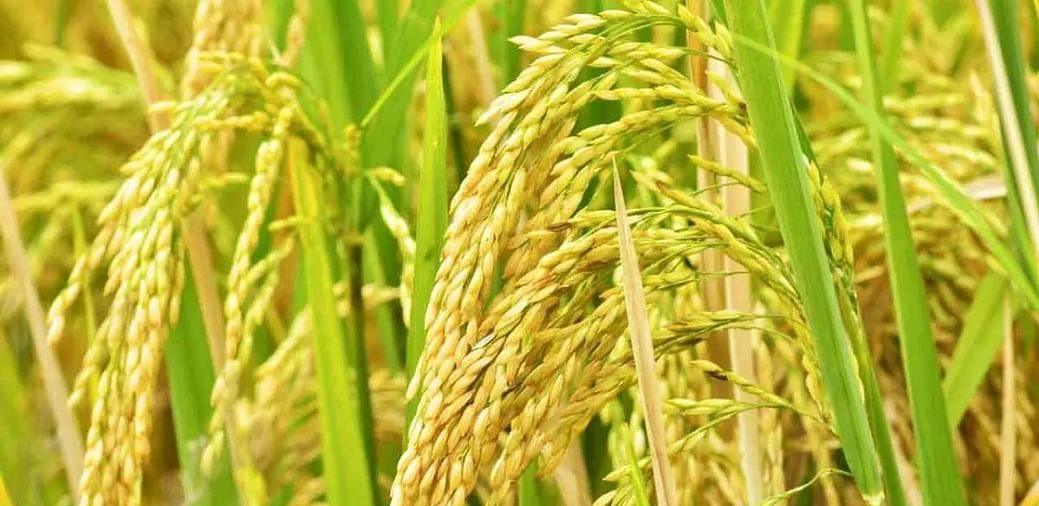- The entire country is witness to how the three duly enacted Agri-Laws were held ransom by the agitating farm unions for over a year culminating in the Prime Minister announcing the repeal of the same during the ensuing winter session of the Parliament. Ironically, all the major political parties had similar reforms mentioned in their respective manifestos but vehemently opposed the agriculture laws when the time came for implementation. No wonder, narrow political gains, and parochial considerations took over the necessity of ushering in much-needed reforms in the agriculture sector.
 PC: Radhika Roy
PC: Radhika Roy
- The agitation under the Samyukta Kisan Morcha (SKM) feels emboldened enough to announce that it will not wind up yet but instead has come out with a fresh proposal to its initial demands. The root cause of the agitation is now centered around the minimum support price (MSP) as being demanded by the SKM. A similar political war is underway in Telangana between the TRS government and BJP, with the CM of the state recently staging a public dharna in Hyderabad. The proximate cause for it is a dispute between the state and the Government of India over the procurement policy for the rabi agricultural season.
- Do not miss the political economy underpinning the latest trends in India’s gargantuan MSP-driven cereal procurement exercise that has assumed centrality in all schemes of governance. Of course, the spotlight has been on protesting farmers at Delhi’s periphery, largely from Punjab, Haryana, and UP. Interestingly, it is developments in other states that explain the challenge better. Note that Telangana and MP are the states with the largest number of beneficiary farmers in the paddy and wheat procurement drives, respectively. Along with other states such as UP, Odisha, and Chhattisgarh, they are locations of a significant chunk of incremental procurement over the last five years. Mind you, two overarching trends are driving it.
 PC: Sentinel Digital Desk
PC: Sentinel Digital Desk
- Since the operational risks in farming have increased with a higher frequency of extreme climate events, farmers are drawn towards MSP crops to de-risk. Invariably, it influences the political incentives of CMs, irrespective of party affiliation to come out with even more freebies. Union Government data bring it out succinctly. The data shows between 2015-16 and 2019-20, in rice procurement the top performers in terms of growth were Telangana at 243% and UP at 72.6%. In 2020-21, about 95% of MSP beneficiaries in Telangana were small and marginal farmers. In wheat, MP topped in beneficiaries at 1.7 million last season, followed by UP. A staggering 99.1% of MP’s marketed surplus of wheat was procured at MSP, 15 percentage points higher than Punjab. As can be construed, MP’s wheat market is effective stands nationalized.
- It means there’s a misalignment of political incentives between states and the Union Government, which foots the food subsidy bill compelling to think about a long-term view of Indian agriculture. As such, agriculture reforms must be pursued by replicating the GST compensation model accounting for transition costs guaranteed for a five-year transition. If GST’s grand bargain received support from states, so can reforms on Agriculture as well. Rather than indulge in dirty politicking, if only all political parties come together in the larger interest of the nation it would do a world of good to the crucial agrarian society. Wishful thinking, someone said!






